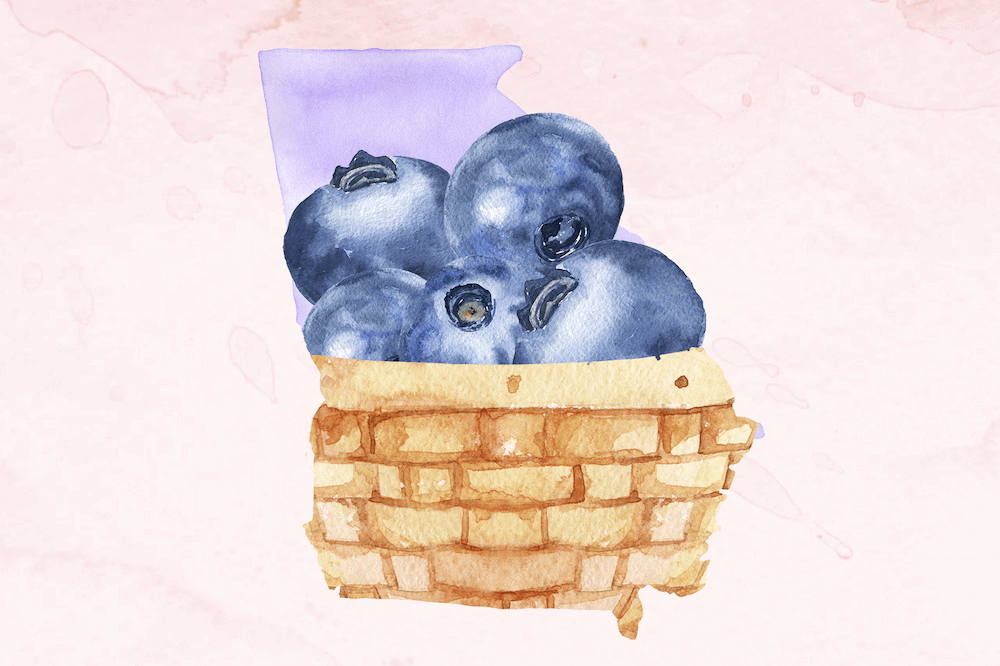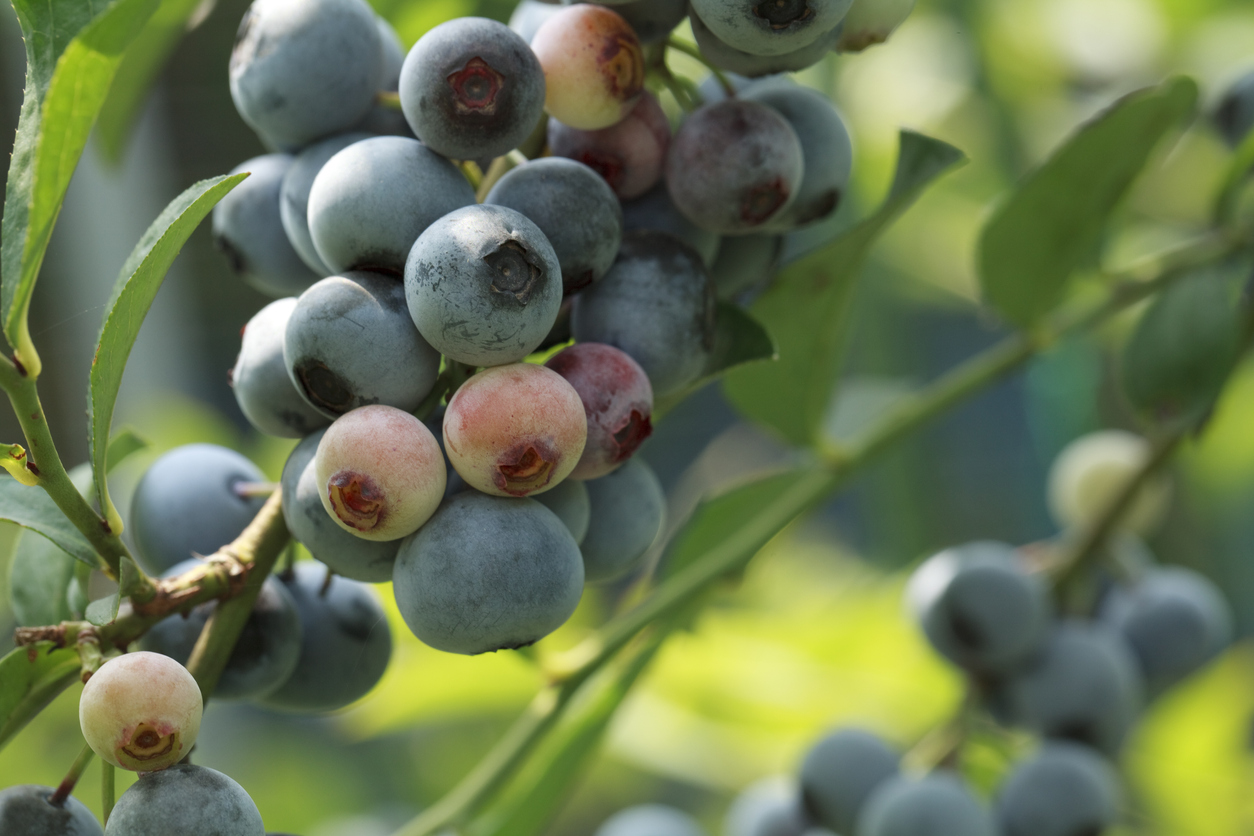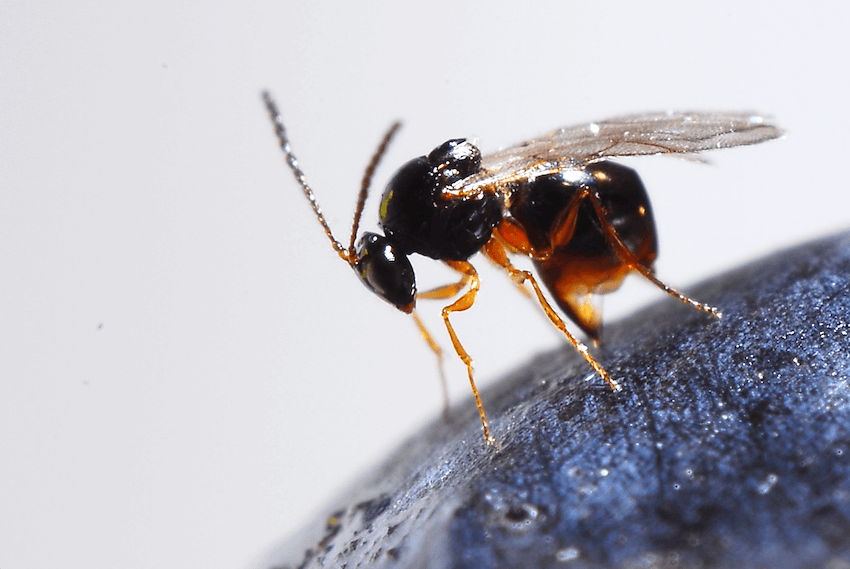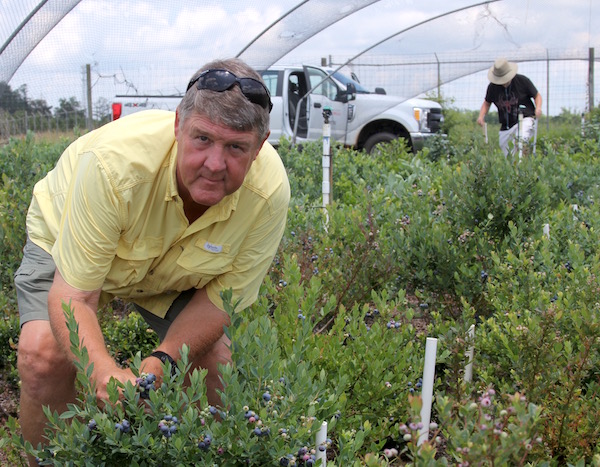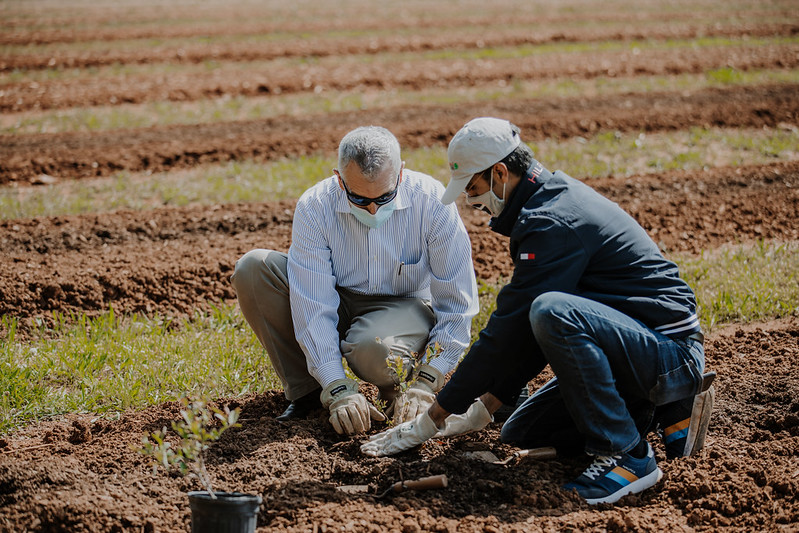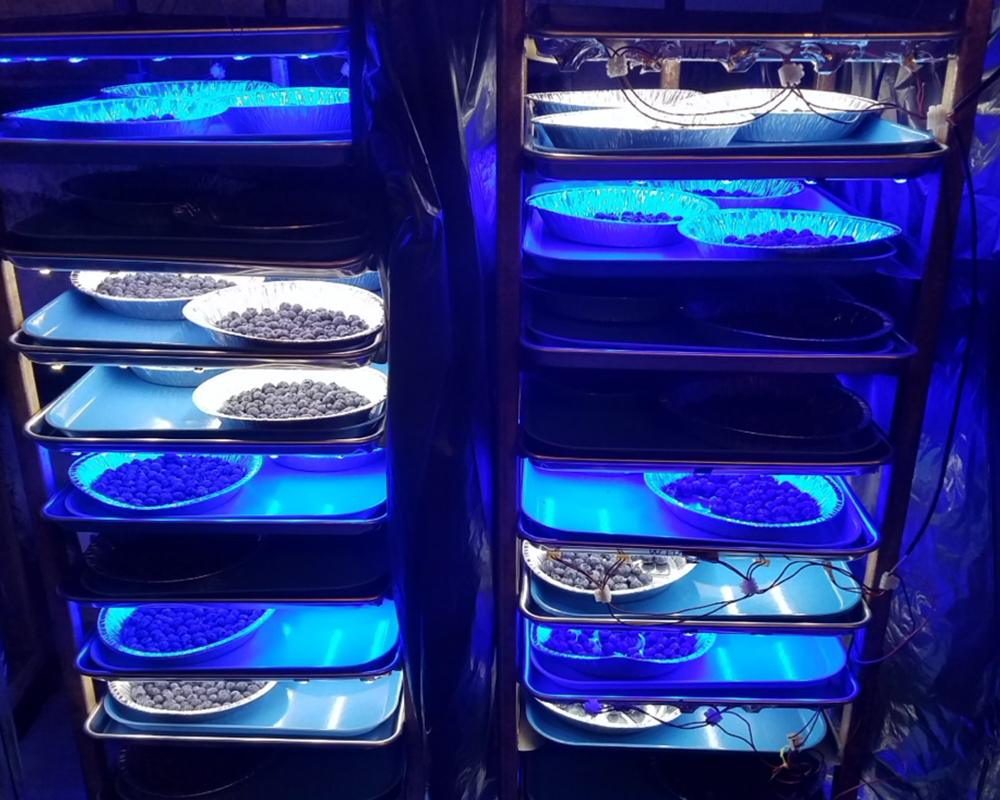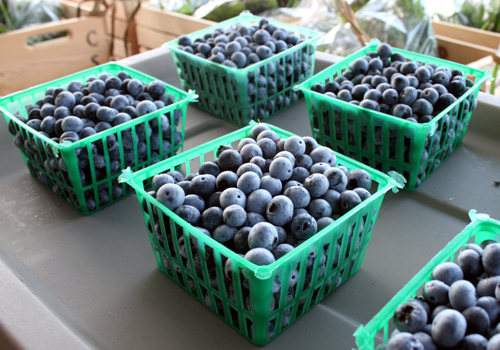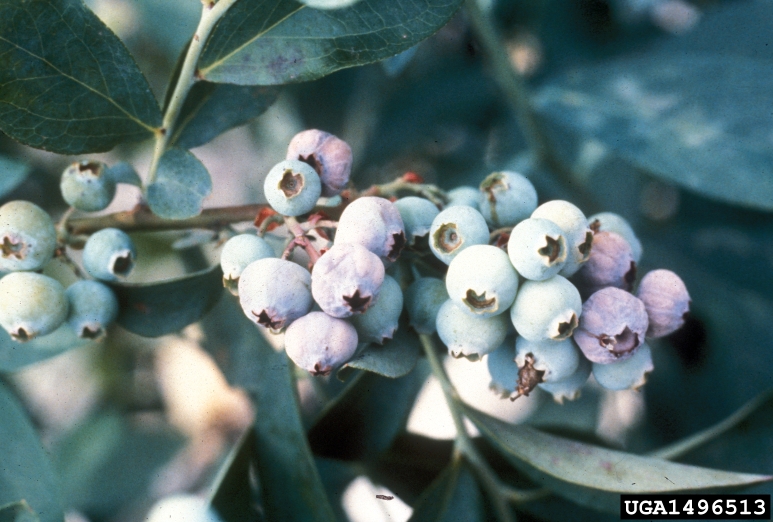 CAES News
CAES News
40 Under 40
Two faculty members in the University of Georgia College of Agricultural and Environmental Sciences and UGA Cooperative Extension were named to the Fruit and Vegetable 40 under 40 Class of 2023. The award ceremony will be held during the Great Lakes Fruit, Vegetable and Farm Market EXPO on Tuesday, Dec. 5, at the DeVos Place Convention Center in Grand Rapids, Michigan.

